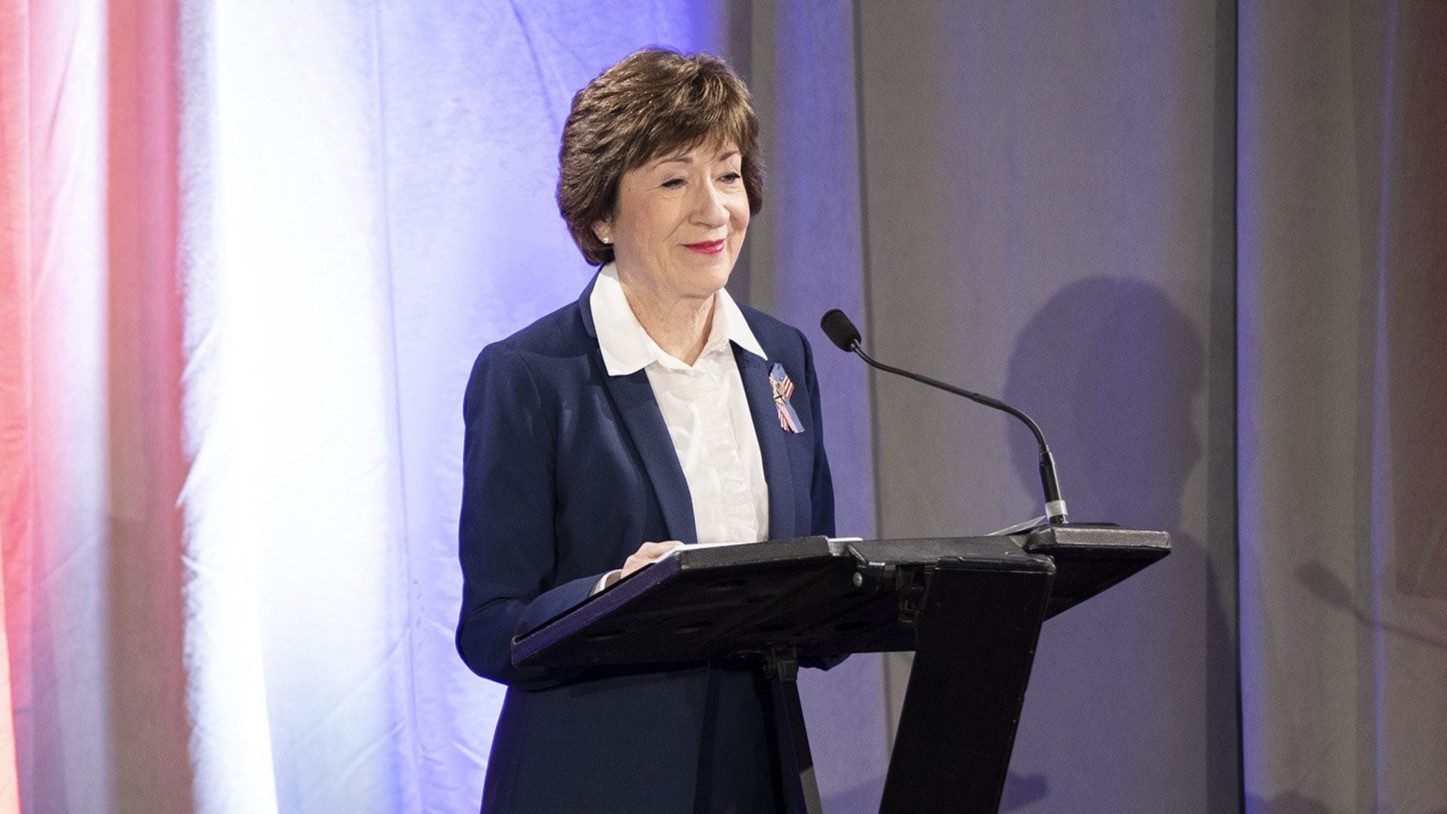Donald Trump’s upcoming trial in the Senate will make Maine’s Susan Collins a unique figure in American history.
Of all 1,983 senators who ever held the office, only 15 would serve as jurors in two trials to remove a president after the House had impeached him. Collins is one of them.
She stands alone in that small group. Collins is the only one to vote against her own party. In President Bill Clinton’s 1999 trial, she voted that his offenses were not serious enough to warrant his removal. He held onto the presidency.
The House is sure to impeach Trump, leading to the Senate trial. The big question for Trump and Maine voters is whether Collins will again defy her party.
After the Clinton vote, her next re-election campaign did not occur until more than three years later. She won easily. This time, she will face Maine voters less than a year after the Trump trial.
Even without the Trump impeachment, Collins faces a challenging race. Her vote, either way, will make her re-election prospects more difficult.
Her support of Brett Kavanaugh’s appointment to the U.S. Supreme Court and her other loyal Republican votes have already eroded Collins’ status as a rare GOP moderate, and she now suffers defections of Democratic and independent supporters. The Trump trial can only make matters even more fraught.
She may try to give the impeachment articles thoughtful consideration, especially two key questions. Is there enough direct evidence of Trump’s personal involvement in the offenses charged? If so, do those offenses rise to a level justifying removal from office?
However much she may try to make a careful and reasoned decision, her vote must take this year’s political calculation into account.
Just as before her Kavanaugh vote, she may seek the advice of constitutional scholars. The most she will get from their advice is the ability to cloak her decision in a reasonable legal theory. Respectable advice from experts, probably, but leaving the politics to her. In the end, it’s her decision, not theirs.
If polls can be believed, Collins has fallen from being one of the most favorably rated senators in the country to one of the least. If she votes in support of Trump, she would face a substantial risk of that metric worsening.
Such a loss of support could provide the final piece needed for a Democrat to take her Senate seat.
In the Kavanaugh case, Collins knew that Senate Majority Leader Mitch McConnell badly needed her vote. He promised she would receive massive campaign contributions if she decided to support Trump’s nominee. She did, though probably not for the money, and McConnell kept his promise.
This time, McConnell’s prime focus is retaining GOP control of the Senate, not the fate of Donald Trump. He’s confident there won’t be the necessary 67 votes to expel Trump. If opposing Trump gets Collins re-elected and helps preserve the Republican majority, McConnell can live without her vote.
But if she votes against Trump, her problems could place her in political jeopardy at home.
The Maine GOP has become far more conservative than when Collins began her elective career 25 years ago. Party primaries and caucuses are dominated by the right wing.
Without the Kavanaugh vote, Collins might have faced a conservative primary challenger next year. If she votes against Trump, would the right wing take her on?
Her re-election chances could either benefit or suffer if she defeated a more conservative opponent in the GOP primary. Independents might be encouraged to stick with her, but Republican conservatives might choose to sit out the Senate election.
There are a couple of possible plusses if she votes to remove Trump. If she can lead a small group of Republican senators whose votes deny Trump even majority support in the Senate, she may improve her credentials among Democrats by bolstering their opposition to the president.
Maine voters sometimes like to reward candidates who show independence and political courage, even if the voters disagree with them on issues. Margaret Chase Smith, Ed Muskie and Olympia Snowe are examples. Can candidates still win by sticking to their principles? Is there a benefit for Collins simply from showing independence?
Susan Collins is obviously caught in a historic squeeze. On one side is the GOP that has moved to the right of her. Trump seeks her support, however reluctant. His focus is on his political fortunes, not hers.
Trump could survive without her; can Collins survive with him? Her Kavanaugh vote is costing her non-GOP support on which she has relied. It might be partially recovered by her voting to remove Trump. It could melt with a vote for him.
It’s Collins’ choice. It may be historic.







